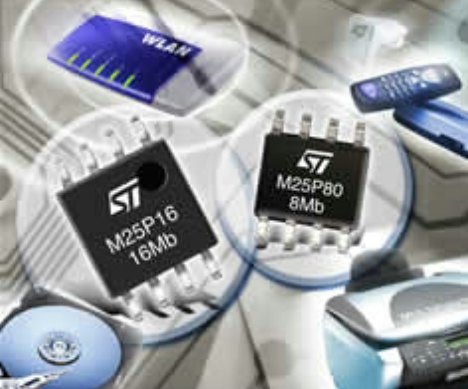Culprit Of Chip Shortage Found, Automaker Hunting Down Chips

We finally know who’s responsible for shutting down Nissan assembly lines in Japan and the U.S.A. The shortage of a critical computer chip stopped Hitachi from making ECUs, which in turn stopped Nissan from making cars. For days, the identity of the lackadaisical chipmaker had been kept under wraps. Now, the culprit has been unmasked.
It is STMicroelectronic s in Geneva, Switzerland. Yesterday, senior executives from Nissan and Hitachi on visited the offices of STMicroelectronics in Europe “for talks to seek an early resumption of full supplies,” reports The Nikkei [sub]. Apparently, the talks didn’t go too well, as evidenced by the fact that the name of the company is now out in the open.
The Nikkei says that STMicroelectronics had issued a notice on July 2 that it could supply only slightly more than 80 percent of the 120,000 chips for Nissan vehicles that it was supposed to ship under contract. Hitachi immediately dispatched personnel to Europe, but a senior official at Hitachi’s a said the STMicroelectronics did not provide a detailed explanation.
Hitachi supplies some 90 percent of its engine control units to Nissan. They are short of STM chips that control ignition coils.
STMicroelectronics also deliver to Bosch, Delphi, and Denso. Some Hitachi officials speculated that STMicroelectronics may have given precedence to other clients.
If chips are in short supply, then the auto industry must be doing quite well. Says The Nikkei in another story: “Alarmed by the growing prospects of a shortage of crucial chips for their products, many automakers are already taking steps to secure stable supply.” A spokesman of STM said that the recovery of the automotive business is taking place at a faster rate than expected and that the whole automotive electronics supply chain is currently under pressure to keep up with the market’s demand.

Bertel Schmitt comes back to journalism after taking a 35 year break in advertising and marketing. He ran and owned advertising agencies in Duesseldorf, Germany, and New York City. Volkswagen A.G. was Bertel's most important corporate account. Schmitt's advertising and marketing career touched many corners of the industry with a special focus on automotive products and services. Since 2004, he lives in Japan and China with his wife <a href="http://www.tomokoandbertel.com"> Tomoko </a>. Bertel Schmitt is a founding board member of the <a href="http://www.offshoresuperseries.com"> Offshore Super Series </a>, an American offshore powerboat racing organization. He is co-owner of the racing team Typhoon.
More by Bertel Schmitt
Latest Car Reviews
Read moreLatest Product Reviews
Read moreRecent Comments
- Rochester I recently test drove the Maverick and can confirm your pros & cons list. Spot on.
- ToolGuy TG likes price reductions.
- ToolGuy I could go for a Mustang with a Subaru powertrain. (Maybe some additional ground clearance.)
- ToolGuy Does Tim Healey care about TTAC? 😉
- ToolGuy I am slashing my food budget by 1%.


































Comments
Join the conversation
Seems to me that if chips are in short supply, then it's the semiconductor industry that is doing quite well - automotive is only about 8% of the overall semiconductor market. The semiconductor business is notorious for boom & bust cycles. After a few very bad years in that business which resulted in capacity cuts, leadtimes in general are now stretching out. It sounds like Hitachi is using ST as a foundry. It may be that ST is capacity constrained and is giving precedence to other (likely more profitable) customers, or it may be that they lost the recipe and have a yield problem. Either way, Hitachi should have a backup plan, but it takes a long time to bring a custom design from scratch through a foundry. There may not be a quick fix to this problem...
Maybe it is as simple as ST isn't being paid for what they have made. I have worked for two companies that went belly-up because our customer would never pay, even though we held our end of the contracts. Usually the bigger the customer the harder it was to get paid as well. Sounds like Hitachi is middle man on this deal. Maybe they are getting strung out, especially if their supplier has other good paying customers. No one can say this never happens either. In some cases its used as a means to shut down competitors altogether.